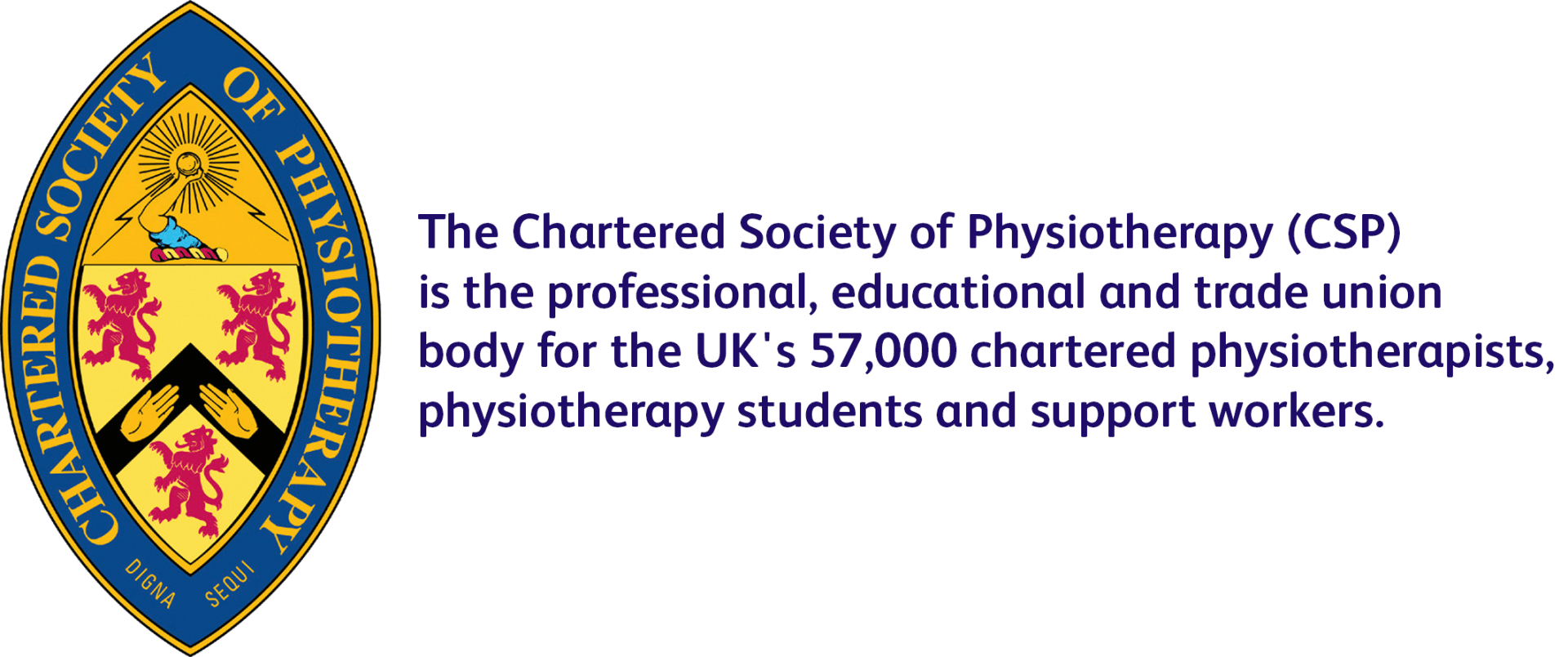Information for Case Managers and Solicitors
Information for Case Managers and Solicitors
Physiocare Rehab has over 20 years experience of specialising in the assessment and rehabilitation of complex neurological and vestibular conditions as part of the rehabilitation within the medico legal process.
Physiocare Rehab is able to offer a comprehensive assessment and detailed assessment report which includes a summary of presenting problems, realistic goals and proposed interventions. These include objective information obtained by using technology to assess functions such as balance and gait.
Rehabilitation will be delivered via the most appropriate approach. Treatments available include hands on treatment, prescribed home exercise programmes, gym programmes, hydrotherapy, acupuncture, electrical stimulation, balance and gait retraining and may including the use of technology, enabling objective feedback and evidence of progression.
The rehabilitation programme may be supported by family or support workers and comprehensive training will be delivered, along with competency and risk assessments, to enable ongoing rehabilitation between sessions.
Clear rehabilitation plans will be provided, which will include detailed personalised instructions, photographs, videos and other media as appropriate.
Detailed progress reports, attendance at multidisciplinary team meetings, liaison and joint working with other professionals is offered as part of Physiocare Rehab's philosophy of client centred holistic care.
Any case managers who would like an anonymised example of an assessment report, please request this via email.
Locations Covered
Physiocare Rehab can provide services across Nottinghamshire and parts of Lincolnshire, Derbyshire, Leicestershire and South Yorkshire.
Please contact us to discuss if we cover your area.
Physiocare Rehab has a clinic at Aura Business Centre, Manners Road, Newark, NG24 1BS and may be able to provide assessment and treatment there if the client is able to travel.
Education and Training
Physiocare Rehab is able to offer the following training packages, on a one to one basis, or to small groups, both face to face and as an interactive webinar (except manual handling)
Brain Injury Training for support workers and carers.
Understanding the anatomy and functioning of the brain and what happens when there is damage. How brain injury or illness can affect physical and cognitive function, behaviour and personality.
Manual Handling for Therapists and Support Workers (not available on line)
Bespoke manual handling training for people who work in a therapy role. (not available on line)
Initial training or refresher. (not available on line)
Also, problem solving sessions. (not available on line)
Tone and Spasticity for support workers and carers
Understanding what causes changes in tone and how the our behaviour and the way we place our hands influences muscle tone, positively or negatively.
Falls and Falls Prevention
Why people might fall – identifying the risks and delivering effective rehab.
Fatigue, Sleep and Activity
Understanding the different types of fatigue, how it differs from tiredness and how sleep and activity management can play a role. Understanding pacing of activities, the different load on the body of different activities and how rest and sleep is important.
Hydrotherapy for Support Workers
Understanding the effects of being in water on the body and how the different properties of water are used in therapy programmes.
Accountability and Responsibility for Support Workers
To ensuring support workers understand the difference between accountability and responsibility and the importance of working within the care and rehab plans.
Ethics at Work
Making ethical decisions - what is good and bad, what is right and wrong, what should and should not be? Understanding the legal and moral implications of decisions. Including looking at what is informed consent
Documentation
What we should be recording and what we shouldn’t. How to make sure your notes reflect what you have done and meets legal and professional standards.
Resilience
What is resilience, why we need it and how we can develop it
Teamwork
The benefits and pitfalls of teamwork. How we can make our team a high performing team and how to avoid common difficulties of teamwork. Recognising the unique difficulties of support teams that work as a team but not on duty together.
Communication
Are you communicating what you think you are? Making sure the message you want to say is the message that’s heard. Communication and listening skills for work and play.
Learning Styles
Understanding the different ways we learn and recognising the differences. Improve your own learning experience and be able to deliver effective patient support and education.



